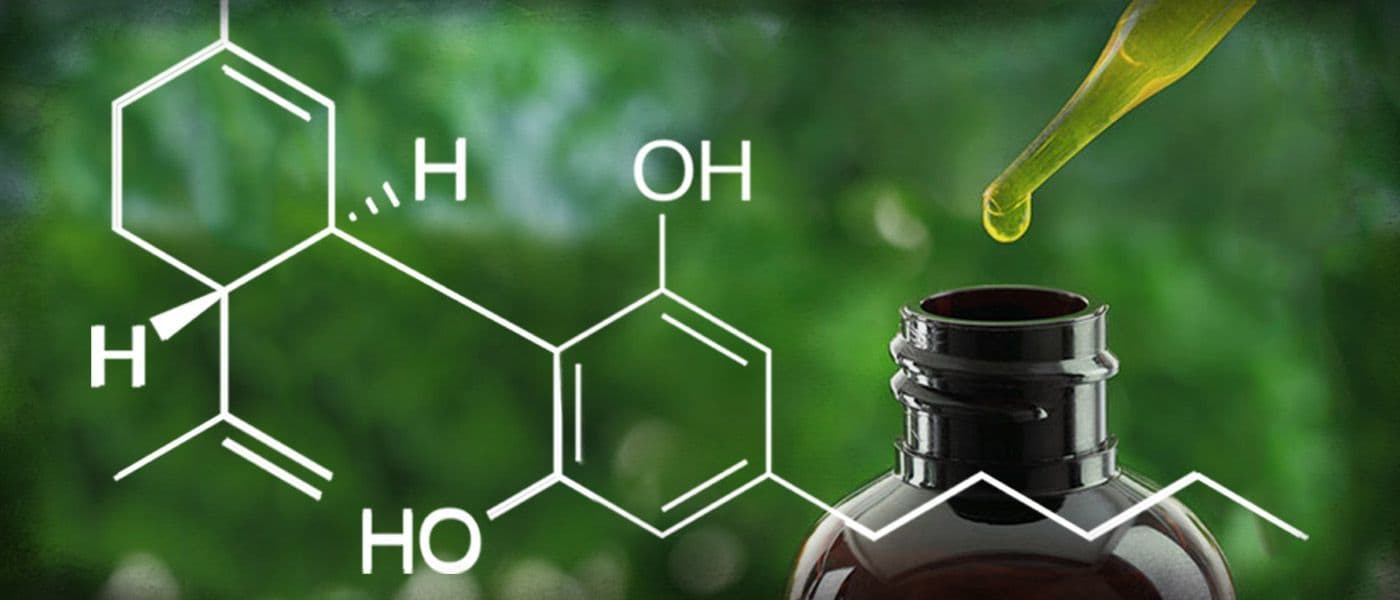Cannabis 101
What is CBD ?
A Quick Guide to Understanding Cannabidiol or CBD
Tetrahydrocannabinol (THC) and cannabidiol (CBD) are two of the most studied cannabinoids. Of the two, CBD is more legally accepted. But what is CBD? What are its benefits?
What is CBD?
CBD is the second most abundant cannabinoid found in cannabis. The fact that CBD is a therapeutic and non-psychoactive cannabinoid made it a popular choice in the medical cannabis industry.
CBD is an interesting cannabinoid. Similar to THC, CBD can also activate the endocannabinoid system (ECS) to produce its therapeutic effects. Additionally, Cannabidiol also has the ability to activate several other systems. These systems are responsible for regulating physiological responses – from sleep and mood to appetite and stress reaction.
What are the most common ways to consume CBD?
Keeping in mind that every person’s condition is unique to them, one should understand what mode of consumption is more effective for them.
Below are the top 6 product variations currently being produced
- Edibles
- Vapes
- Tinctures
- Concentrates
- Capsules
- Topicals
Is hemp CBD similar to cannabis CBD?
Yes and No! While the CBD molecules from both plants are the same, the present THC/CBD ratios are not. Although industrial hemp, medical marijuana, and recreational marijuana are all members of the cannabis family, hemp is differentiated from other cannabis species by the extremely low THC content.
Typically speaking recreational and medical cannabis often contain THC levels upwards of 20%-25%, while hemp varieties contain less than 1%. Hemp is also cultivated mostly at commercial scale for industrial purposes ranging from health food to building materials.
How is CBD different from THC?
CBD and THC differ in some ways:
- THC is psychoactive; CBD is not.
When THC binds to the CB1 receptors of the ECS, it produces psychoactive and psychedelic effects. CBD, on the other hand, doesn’t produce these and can even control these THC effects.
- THC can be addictive; CBD is not.
THC stimulates the pleasure and reward system of the brain. CBD, on the other hand, has a dampening effect on these brain centres. It reduces the pleasurable feeling when these are stimulated.
What are the benefits of CBD?
CBD is a potent cannabinoid that can relieve symptoms and improve chronic medical conditions.
- Reduce pain, even intractable and treatment-resistant ones.
In addition to its effects on the ECS, CBD also activates several receptors responsible for pain regulation. These include the TRPV1 and serotonin receptors. Their activation results in pain reduction.
CBD has the ability to control pain caused by nerve damage, muscle pain, and soreness, joint pain, even cancer pain. It can also reduce pain in multiple sclerosis and amyotrophic lateral sclerosis.
- Reduce inflammation.
Inflammation is the body’s protective mechanism against infections and injuries. Unfortunately, uncontrolled inflammation worsens several medical conditions – from acne to gastrointestinal disorders to even brain disorders like depression and epilepsy.
Cannabidiol can also induce cell death of the abnormal immune cells. With inflammation controlled, the injured tissues are given time to heal.
- Improve mood problems.
CBD binds to other non-cannabinoid receptors (adenosine and serotonin receptors) responsible for regulating mood and emotions. When CBD activates them, they produce a calming effect.
This CBD effect can help patients suffering from depression and anxiety disorders. It can also help relieve symptoms of post-traumatic stress disorder and schizophrenia.
- Reduce seizures.
Chronic brain inflammation and toxicity caused by high levels of excitatory chemicals worsen seizures.
With CBD controlling neuroinflammation and acting as a potent antioxidant, severity and frequency of epileptic seizures are reduced.
- Kill cancer cells.
CBD can help cancer patients in a lot of ways. It can induce death of cancer cells. It can also control their growth and ability to metastasize.
CBD can even control cancer symptoms like pain and chemotherapy-induced side effects like nausea and vomiting.
- Potent antioxidant.
Free radicals are harmful to our body. They contribute to disease progression and speed up the aging process.
CBD is a powerful antioxidant that can protect healthy cells from the harmful effects of free radicals.
We’re not saying that CBD is superior to THC. In fact, both of them have a lot of therapeutic benefits. Taken together, they can even boost each other’s effects and effectively control symptoms caused by chronic medical conditions. But because THC is psychoactive and can be addictive, CBD became the top legal choice for medical cannabis use.










Would be nice if you could keep CBD in stock you have been out of all the ones I order for a month now